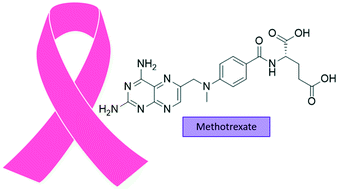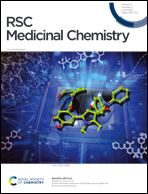Breast cancer: insights in disease and influence of drug methotrexate
Abstract
According to the World Health Organization, cancer is one of the leading causes of morbidity and mortality worldwide. The previously estimated 14 million new cases in the year of 2012 are expected to rise, yearly, over the following 2 decades. Among women, breast cancer is the most common one. In 2012, almost 1.7 million people were diagnosed worldwide and half a million died from the disease. Despite having several treatments available, from surgery to chemotherapy, most of these treatments have severe adverse effects. Chemotherapy has a narrow therapeutic window and requires high dosage treatment in patients with advanced-stage cancers and further need innovative treatment strategies. Although methotrexate (MTX) is not a first line drug used against breast cancer, however, it might be valuable to fight the disease. MTX is an effective and cheap drug that might impair malignant growth without irreversible damage to normal tissues. Nevertheless, while MTX does present some disadvantages including poor solubility and low permeability, several strategies are being used to discover and provide novel and effective targeted treatment against breast cancer. In this review, we analyze the chemotherapy of breast cancer and its relationship with drug MTX.



 Please wait while we load your content...
Please wait while we load your content...